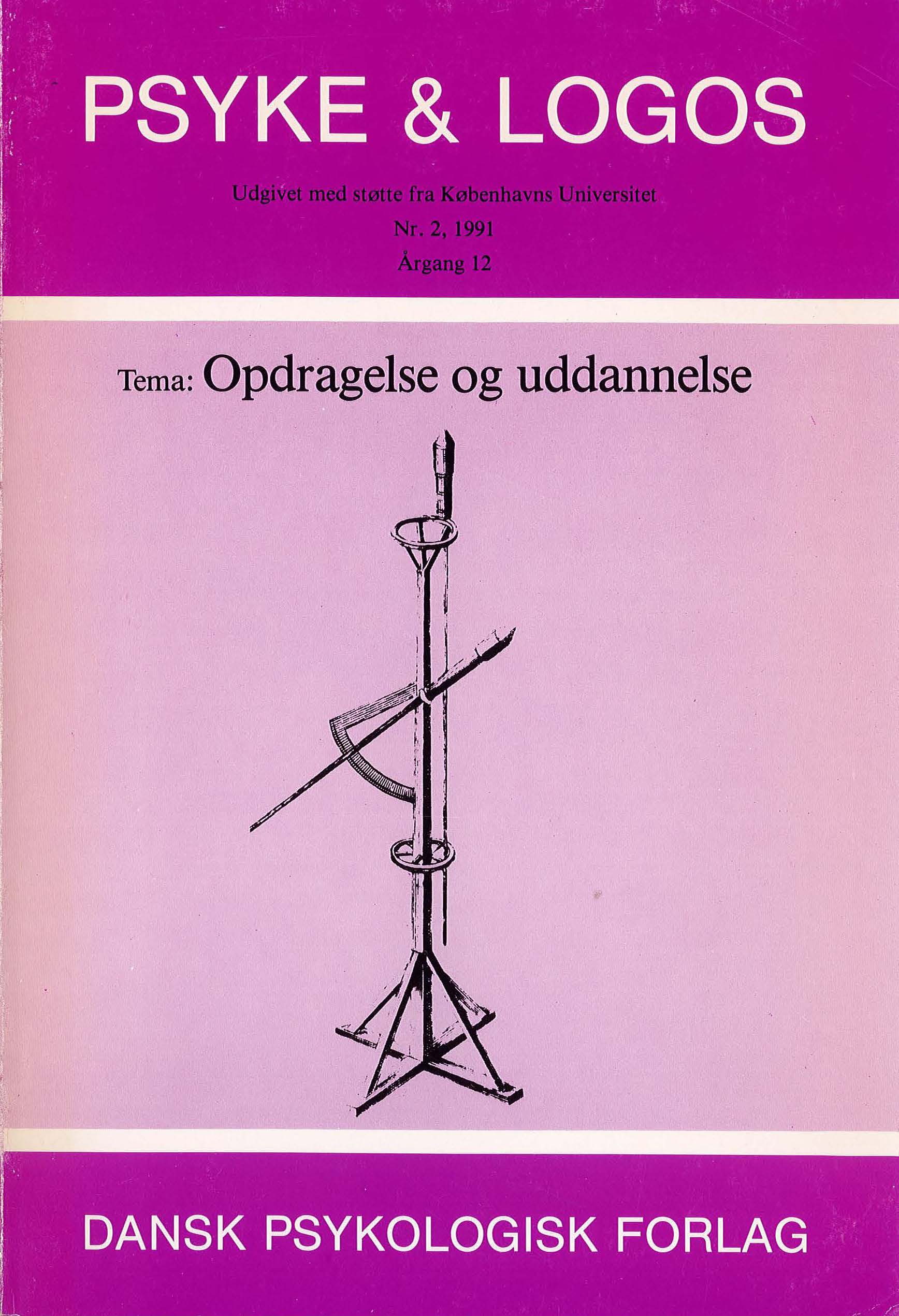Reformpædagogik, før nu og fremtiden
DOI:
https://doi.org/10.7146/pl.v12i2.135479Abstract
New education was introduced in Denmark in the twenties. Periodicals were published, organizations established and experimental classes started. The most important were the classes at Vanloese School in Copenhagen. Here the children had freedom of
movement at speech and the curriculum was developed from a Montessori inspired teaching material and the experiences and ideas of the children. The classes functioned well, but after four years they were closed down by the school board of Copenhagen.
At the same time New education was transformed into a programme of reforms. Co-education, introduction of creative arts and abolition of corporal punishment are examples of this programme. As the programme was worded and the political work started, the dream of New education faded. Nevertheless central concepts have survived and are now elements in progressive
teaching. Progressivism of today protects the child as did New education and that is what progressivism always have done. The question therefore arises whether there still is and always have been a tension between the claims of the school and children's human development? If this tension is constant New education should not be regarded as a criticism of past authoritarian times, but as a manifestation of a still vivid and constant criticism of Western civilization.
Downloads
Published
How to Cite
Issue
Section
License
Ophavsret er tidsskriftets og forfatternes. Det er gældende praksis, at artikler publiceret i Psyke & Logos, som efterfølgende oversættes til andet sprog, af forfatteren frit kan publiceres i internationale tidsskrifter, dog således at det ved reference fremgår, at den oversatte artikel har et forlæg i en dansksproget version i Psyke & Logos. Artikler kan frit deles og linkes til på forsknings- og undervisningsnetværk (så som Blackboard). Link foretrækkes, fordi det giver oplysning om brug af tidsskriftets artikler.




